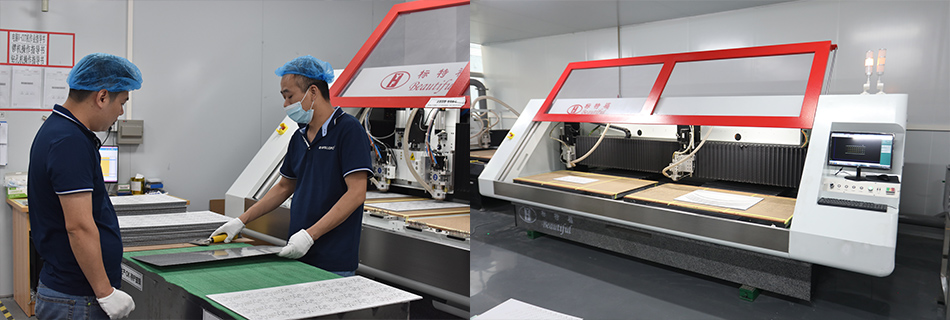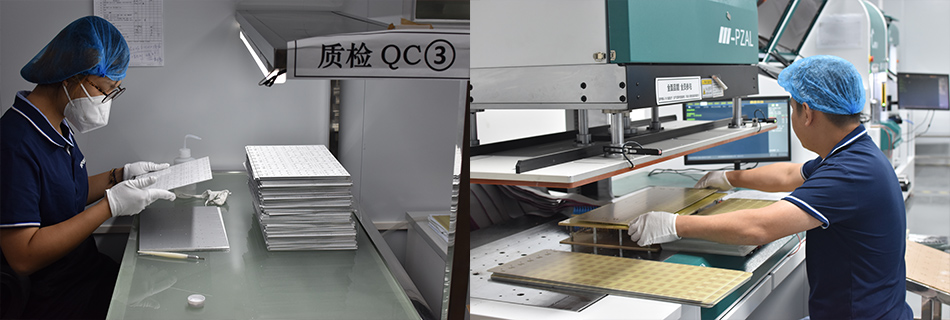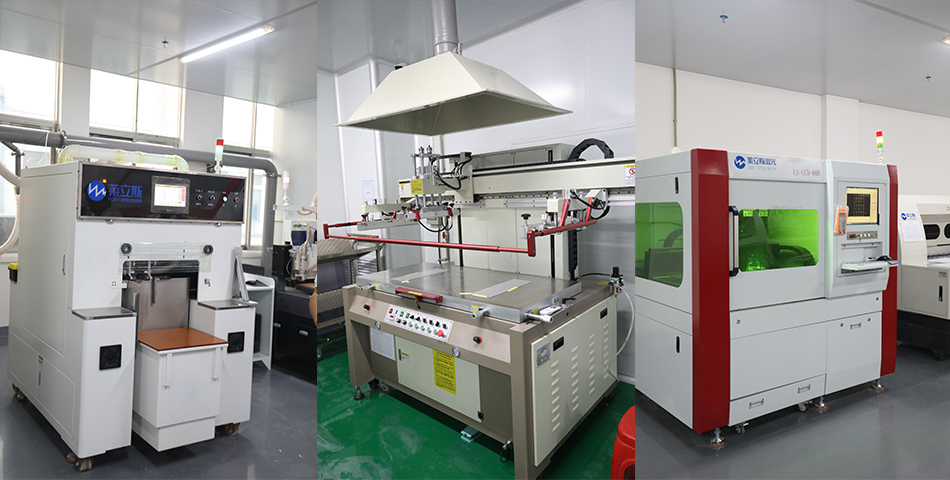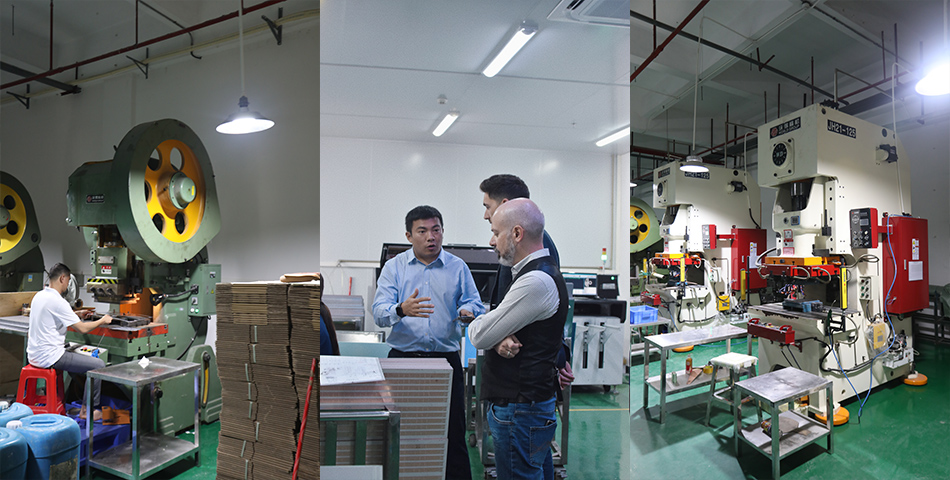-
- PCB TYPE
- PRINTED CIRCUIT BOARD PROTOTYPE ALUMINUM PRINTED CIRCUIT BOARD R&F PCB FPC HIGH FREQUENCY PCB HIGH-TG PCB HEAVY COPPER PCB HDI PCB PCB FOR LIGHTING METAL CORE PCB
time:Sep 23. 2025, 14:40:38
In today's rapidly advancing tech world, designing a printed circuit board (PCB) that supports 10Gbps data speeds is no longer just a luxury—it's a necessity. As electronic devices continue to demand faster data transfer rates, understanding and implementing a high-speed PCB design becomes crucial. This guide will walk you through the essentials of 10Gbps high-speed PCB design, offering practical insights and useful tips.
Before diving into the specifics of 10Gbps designs, it's essential to grasp the basic principles of high-speed PCB design. At these speeds, signal integrity becomes a major concern. Factors such as electromagnetic interference (EMI), crosstalk, and signal attenuation can significantly affect performance.
Signal Integrity: Ensuring that the signal remains intact without distortion throughout the transmission path.
Crosstalk: Unwanted coupling of signals between adjacent traces that can cause interference.
EMI: External electromagnetic interference can distort signals and degrade performance.
Power Integrity: Ensuring stable power delivery to all components without noise.

Designing a PCB for 10Gbps involves more than just selecting the right components. It requires meticulous planning and a deep understanding of the physical and electrical properties of the board. Here's what you need to focus on:
The choice of PCB material is crucial for managing signal integrity and impedance control at high speeds. Materials like FR4 are common, but for 10Gbps designs, consider high-frequency laminates such as Rogers or Taconic. These materials offer better dielectric properties and lower loss tangents, which are vital for maintaining signal integrity.
Impedance control is critical in high-speed PCB design. Mismatched impedance can cause reflections, leading to signal loss and degradation. To achieve proper impedance control:
Use controlled-impedance traces.
Calculate the trace width and spacing using impedance calculators or simulation tools.
Maintain consistent impedance throughout the signal path.
Efficient trace routing minimizes potential issues in high-speed PCB design:
Keep traces short and direct to reduce latency and signal loss.
Avoid sharp bends; use 45-degree angles instead of 90-degree turns to minimize reflections.
Layer stacking: Use a proper layer stack to separate signal layers with ground planes, reducing EMI and crosstalk.

Differential pair routing is a method where two traces are routed together, carrying complementary signals. This technique helps in reducing EMI and crosstalk, which is essential for high-speed designs:
Ensure equal trace lengths to maintain signal timing.
Maintain consistent spacing between the pairs to control impedance.
Vias are necessary for connecting different layers of the PCB but can introduce unwanted parasitic capacitance and inductance. To mitigate these effects:
Use fewer vias in high-speed paths.
Opt for microvias, which have smaller dimensions and reduced parasitic effects.
Place ground vias near signal vias to provide a return path for signals.

Creating an effective layout is a critical step in ensuring your PCB performs at 10Gbps speeds. Here's a concise guide to follow:
A well-designed layer stackup enhances signal integrity and reduces EMI:
Use multiple ground and power planes for better power distribution and noise reduction.
Separate signal layers with ground planes to reduce crosstalk and interference.
Power and ground planes are essential for maintaining power integrity:
Ensure solid and continuous ground planes to provide a low-impedance return path.
Decouple power planes with capacitors to filter out noise.
High-speed designs generate more heat, making thermal management crucial:
Use thermal vias to dissipate heat from hot components.
Consider heat sinks or fans for additional cooling.

Once your design is complete, testing and validation are essential to ensure performance:
Use signal integrity simulation tools to predict potential issues.
Perform time-domain reflectometry (TDR) testing to verify impedance.
Designing a PCB for 10Gbps is a complex but rewarding process. By understanding the principles of high-speed PCB design and implementing best practices, you can ensure robust performance and reliability. Whether you're a seasoned engineer or a novice designer, the key is to remain meticulous and informed throughout the design process.
By focusing on material selection, impedance control, trace routing, and thorough testing, you can overcome the challenges of 10Gbps high-speed PCB design and deliver a product that meets the demands of modern technology.
Incorporate these insights into your next project, and you'll be well-equipped to handle the challenges of high-speed PCB design with confidence.

Got project ready to assembly? Contact us: info@apollopcb.com



We're not around but we still want to hear from you! Leave us a note:

Leave Message to APOLLOPCB
